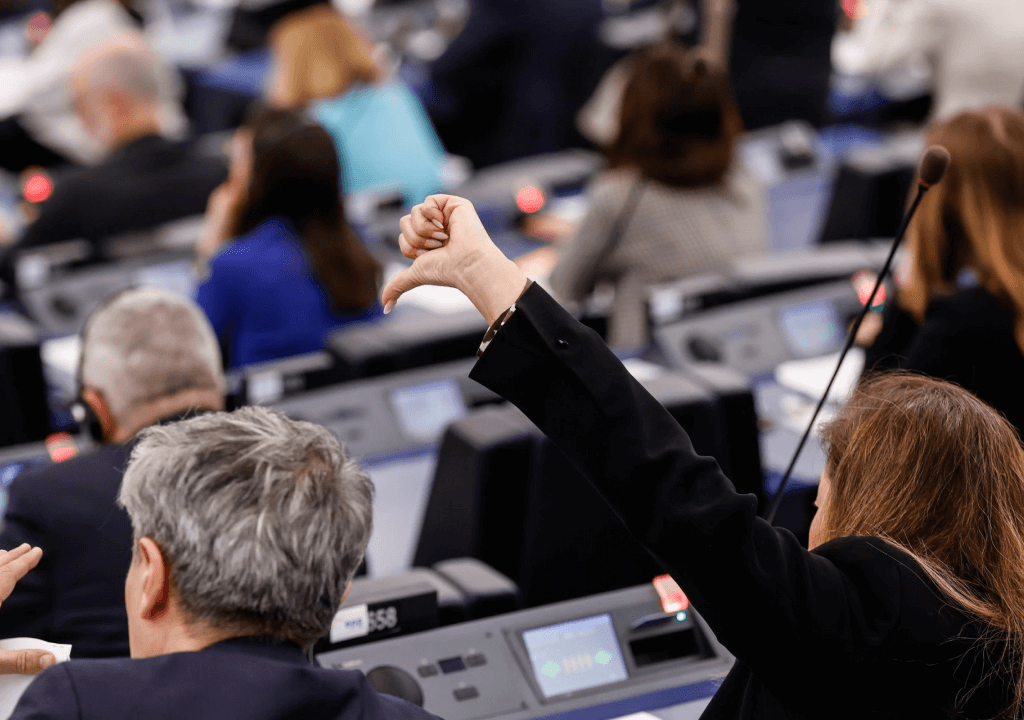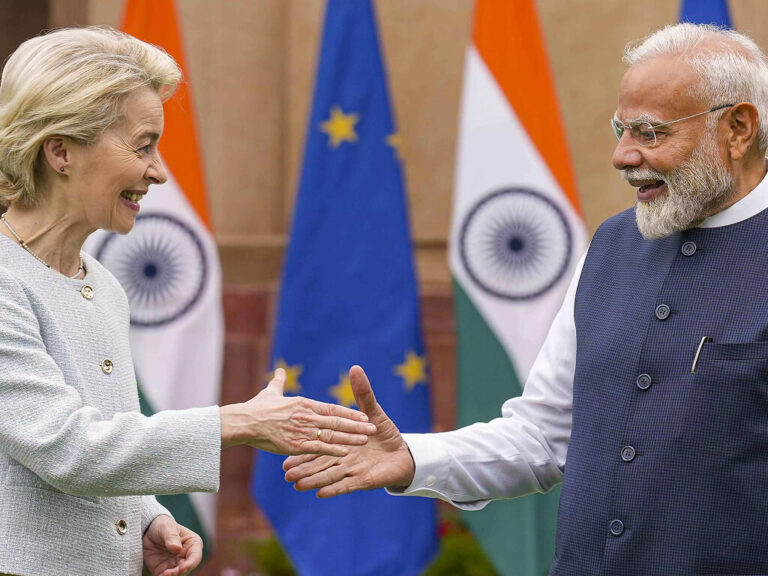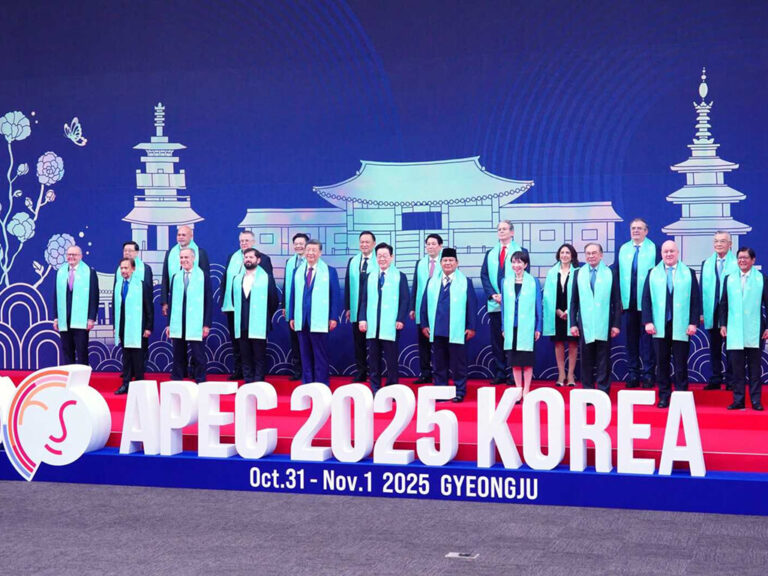Georgia’s democratic crisis is worsening as a government aligned with Russia clashes with an opposition backed by Europe. The ruling Georgian Dream party, backed by a highly questionable parliament, pushes laws that further weaken opposition forces and endanger Georgia’s European aspirations. In a decisive move, the government ousted opposition MPs from three parties who had previously accused it of widespread fraud in last October’s parliamentary elections. On February 5, parliament voted to strip 49 of these MPs of their mandates—a major setback in the 150-seat legislature—further cementing the ruling party’s dominance in the Georgian Parliament.
On February 5, Salome Zourabichvili, the opposition leader who claims to be the country’s only legitimately elected president, declared Georgian democracy dead, accusing Georgian Dream of turning parliament into a mere rubber stamp for its authoritarian agenda. She argued that political life in Georgia had effectively ended, with no space left for political activity, the constitution rendered irrelevant, and fundamental rights—such as free expression and assembly—no longer protected. To revive democracy, she urged increased pressure from the United States and the European Union to push for fresh parliamentary elections.
While Washington had imposed sanctions on Georgian Dream officials for their authoritarian actions, further intervention seemed unlikely, especially given the Trump administration’s early foreign policy stance. Unlike Biden, Trump showed little interest in EU expansion and instead prioritized seeking compromise with Russia over Ukraine, repeatedly emphasizing that U.S. interests came first, not those of the EU.
Meanwhile, Georgian Dream has grown more assertive in advancing its agenda. On February 6, Mikheil Kavelashvili, the Georgian Dream-appointed president, signed several laws passed by MPs that same day, tightening restrictions on public demonstrations and imposing harsher penalties on violators, according to RFE/RL.
On February 5, the same day opposition MPs were ousted, lawmakers introduced a bill to amend media legislation, restricting foreign funding for Georgian-registered media organizations. The measure directly targets many of the country’s leading independent news outlets, which have long relied on financial support from government and non-governmental sources in the U.S. and EU to sustain their watchdog role.
While presenting the amendments, Mamuka Mdinaradze, a key power broker in Georgian Dream, argued that media outlets should generate most of their revenue from “Commercial Advertising.” He failed to acknowledge that Georgia’s advertising market can support only a handful of media organizations and that advertisers are more likely to favor state-aligned outlets to maintain good relations with the government.
Additional amendments under consideration include a proposal to limit the role of non-governmental organizations in the public decision-making process. The government also plans to revise the foreign agents law to mirror the U.S. Foreign Agents Registration Act, according to Civil.ge.
On February 6, parliament appointed four Georgian Dream loyalists to the National Bank of Georgia’s board, giving the ruling party full control over the country’s monetary policy. That same day, MPs confirmed Natia Turnava as the bank’s governor. In early January, U.S. Congress members had urged the addition of Turnava and other Georgian Dream affiliates to the U.S. sanctions list, accusing them of being part of a network of enablers pushing Georgia toward authoritarianism.
The situation is increasingly dire. The Georgian parliament is adopting a governing style reminiscent of Russia’s, moving closer to Moscow while drifting further from the West. Meanwhile, the opposition, which seeks to break free from authoritarian influence and strengthen ties with the West, is being systematically weakened or entirely sidelined in parliament. Despite maintaining public support, opposition figures are being excluded from key political institutions. With Trump maintaining a “mind your own business” stance, the Georgian government appears poised to consolidate its control in the coming days.








